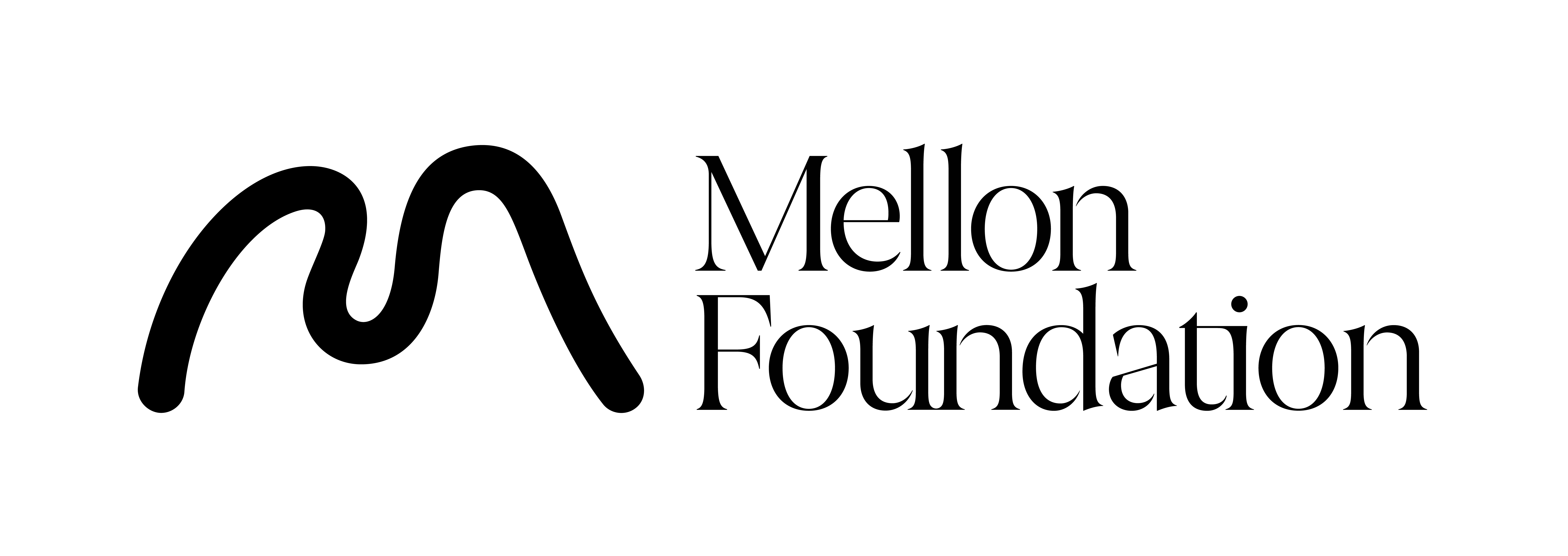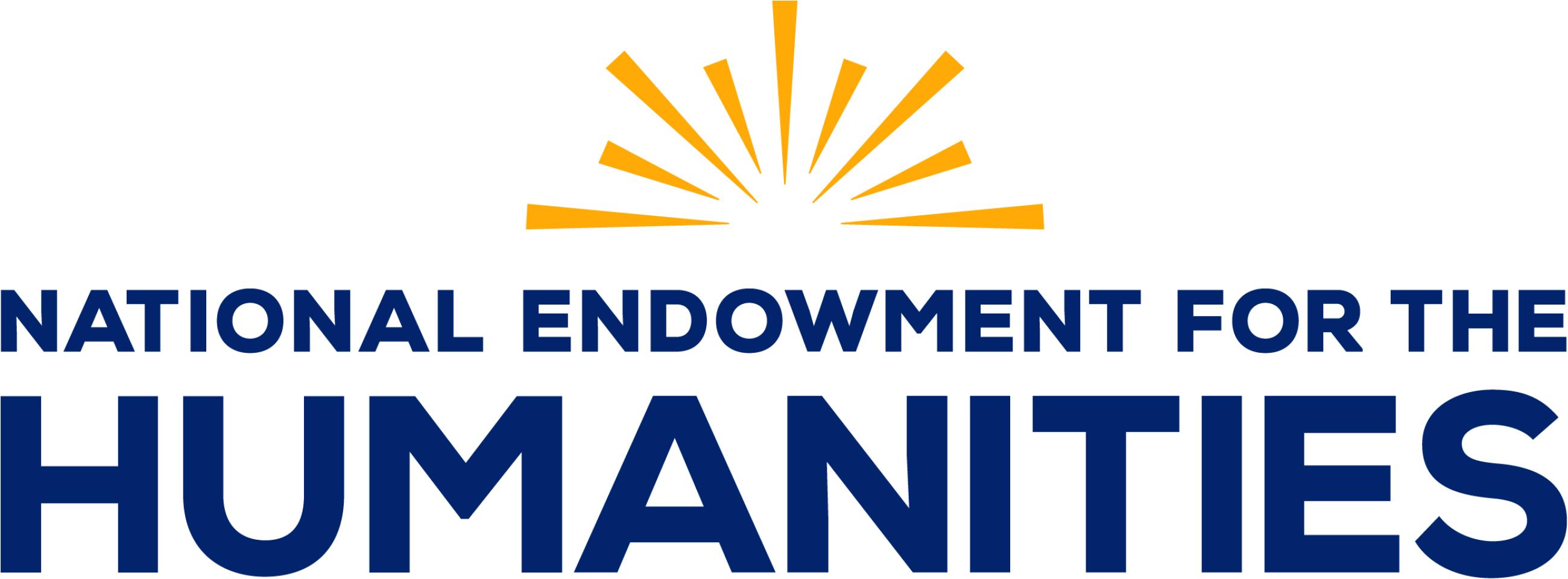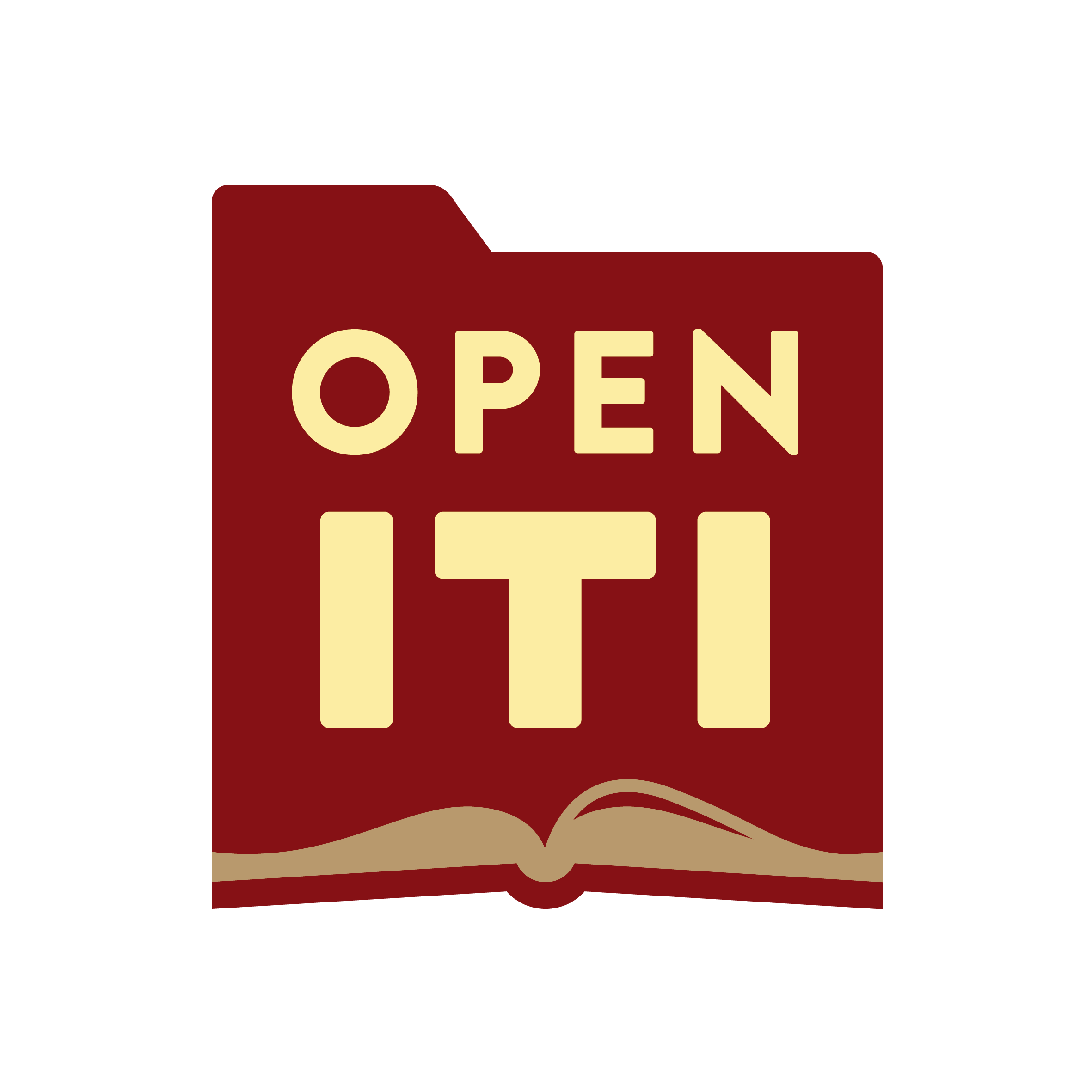June 5-August 25, 2023
Roshan Institute for Persian Studies at the University of Maryland, College Park (Roshan Institute-UMD) is offering a free, stipend-supported twelve-week online summer course on digital Islamicate paleography and codicology. This course is part of the “Unsupervised Islamicate Manuscript Transcription via Lacunae Reconstruction” project, funded by a National Science Foundation grant to Roshan-UMD and the University of California, San Diego.
We are seeking graduate students interested in the intersection of Arabic-script paleography, codicology, and histories of textuality with the practices, ideas, and technologies of the digital humanities. The course will run from June 1st to August 20th, and will be capped at five graduate students. The course will be free of charge, and students selected for participation will be given a $5,000 stipend in return for their participation and completion of the course requirements, including work transcribing and annotating Arabic-script manuscripts in a digital environment.
The students chosen for participation in this course will have the opportunity to learn more about new possibilities for collaboration and mutual learning between computer science and the traditional humanities. No prior expertise in either Islamicate manuscript studies or in digital humanities is expected, only a demonstrated interest and willingness to learn.
Course Details:
The course, led by Dr. Jonathan Parkes Allen, will have a two-fold focus. It will cover in some depth the diversity of Arabic-script manuscript traditions through paleographic, codicological, book historical, and textual technological analysis, encompassing Arabic and Persian as well as Arabic-script production in other languages. This year’s course will have a special focus on paratextual apparatuses within the manuscripts (marginal notes, audition certificates, seals, waqf statements, and many others). We will also focus on the contextual histories of manuscripts in terms of their material production, socio-cultural uses, and long life histories from initial production through circulation and archival entry to digitization.
Simultaneously, the course will also introduce students to digital applications and methods relevant to Islamicate manuscript studies, including digital annotation, training data production for handwritten-text recognition, and the use of digital corpora for posing and answering questions of a computational, quantifiable nature. Students will learn about ongoing efforts to utilize advancements in the fields of artificial intelligence and machine learning in the use and study of the Islamicate manuscript tradition. Students will also discover possible future paths they might take in light of those advances, critically exploring the topics raised within digital humanities in terms of theory and practice and situating digital textuality within the long history of text use and production.
Students will explore a broad range of the relevant secondary literature while simultaneously examining and intensively working with digitized manuscripts that bear on the underlying questions. Experts from across fields will give guest talks and lead discussions at various points in the summer in addition to sessions led by Dr. Allen or other members of the OpenITI team.
The first week of the course will feature a three-day orientation workshop, after which class will be held twice a week, 1-2:30 PM (the day of the week will be determined in consultation with the participants). One day each week will focus on a particular topic and associated readings in the secondary literature, while the second day of class will be devoted to hands-on work with digitized manuscripts. The expected student time commitment will be around twenty hours per week, including class time, assigned readings, and manuscript transcription work in the eScriptorium work environment.
This course will be of use to any graduate students interested in Arabic-script paleography, the study of the Islamicate manuscript tradition in all its diverse facets, and the use and development of digital tools and methods for paleographic and codicological study. The only stipulations for initial consideration are that students must:
- be currently enrolled in a masters or doctoral program
- have demonstrated reading competency in Arabic, Persian, or, preferably, both;
- demonstrate a strong interest in learning about Islamicate digital humanities (without necessarily having preexisting training in the field).
Please see the course website for more details:
Inquiries and applications (including an up-to-date CV and a cover letter explaining interest and applicability) can be directed to the primary course instructor, Dr. Jonathan Parkes Allen: jallen22@umd.edu. Applications will be accepted up until March 15th. We will notify students selected for participation by March 25th.




